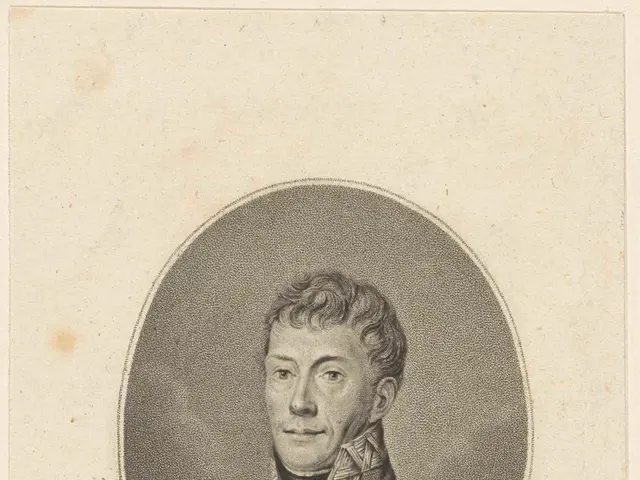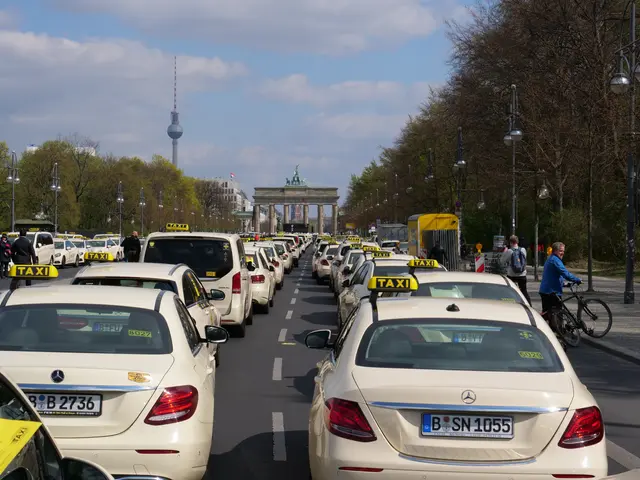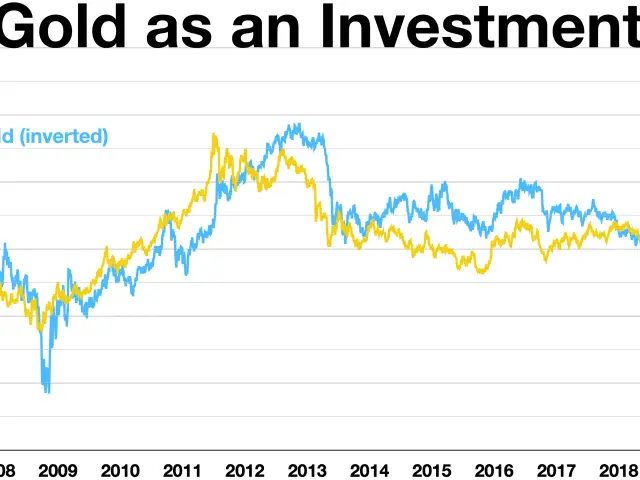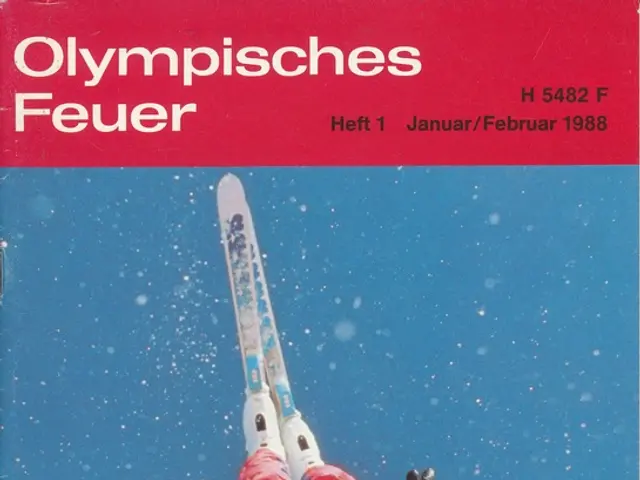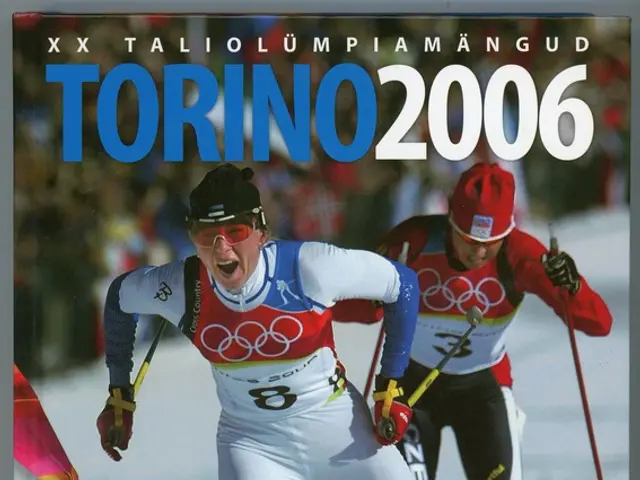Rocked from the Start: The Government's Uneasy Beginning
Functionality still pending
The newly installed government is grappling with turbulence from day one. No federal chancellor has ever been elected in a second round in the history of the Federal Republic. The strength of Chancellor Friedrich Merz remains uncertain, a topic for discussion on Illner’s show this week.
Federal Minister of the Interior Alexander Dobrindt seems relaxed. "Transitioning from an unwanted, undesired situation to a solution through constructive and trustful cooperation to tackle a problem, that's a promising sign," says the CSU politician. He attributes this cooperative spirit to the Greens and the Left Party’s involvement in the coalition. Yet, he admits that it's challenging for him. “A selfie-filled show of unity like before the last coalition would have been easier, but I'd prefer a challenge-solved start than a honeymoon period followed by a crash."
Green Party leader Katharina Dröge, however, views the election process warily. "This coalition start is under a bad sign, and this government stands on shaky legs," she warns. She criticizes the lack of trust in Friedrich Merz and comments that the parliament leaders should've been more vigilant to prevent such a predicament.
A Rocky Path Ahead: Coalition Disputes
New Chancellor's Office chief Thorsten Frei has suggested reconsidering the incompatibility decision regarding the Left Party given the current political climate. Dobrindt, however, hesitates, emphasizing that the Union will not cooperate with the AfD on legislative initiatives but will discuss procedural decisions with the Left. This divergence between the coalition members could signal the first dispute within the government, according to Melanie Amann from Der Spiegel. She criticizes the Union for equating the Left with the right-wing extremist AfD, although the Union's incompatibility decision applies equally to both parties.
The Migration Policy Battleground
Minister Dobrindt has already made significant decisions in migration policy, including strengthening border controls. This will lead to an increase in overtime for federal police officers, but critics claim that it will result in less guarding at train stations. Another contentious measure is the rejection of asylum seekers by the police, which Dobrindt clarifies can be optional rather than mandatory, with exceptions for pregnant women, children, and vulnerable groups.
However, some question the legality of these measures, with Droge alleging that Dobrindt is breaking European law with the rejection of asylum seekers at the border. Dobrindt counters that the goal is to make the European situation functional again, to help reduce the burden on municipalities and public systems, and to correct Germany's strong magnetic effect drawing asylum seekers towards it.
Source: ntv.de
- Alexander Dobrindt
- Alliance 90/The Greens
- The Left
- CSU
- CDU
- Migration
Additional Information:
- ** Coalition Agreement**: The CDU/CSU and SPD signed a coalition agreement on May 5, 2025, after the federal elections earlier this year[1][2]. This agreement emphasizes reducing bureaucracy, tax cuts, deregulation, and investments in infrastructure and new technologies[3].
- Recent Elections and Coalition Talks: The CDU/CSU won the federal elections and started coalition negotiations with the SPD, excluding the Greens and The Left from the agreement.
- Alexander Dobrindt, as the Federal Minister of the Interior, has initiated changes in migration policy, such as strengthening border controls, which may lead to an increase in overtime for federal police officers.
- The European Parliament, the Council, and the Commission have been closely watching the policy-and-legislation development in the EC countries, particularly Germany, given the prospect of the Left Party's incompatibility decision being reconsidered in light of the current political climate.
- In response to the potential relaxation of the incompatibility decision regarding the Left Party, Chancellor Friedrich Merz's Office Chief, Thorsten Frei, aims to foster a more cooperative relationship with the Left, even as the Union maintains its stance against cooperating with the AfD on legislative initiatives.
- The Greens have raised concerns about Dobrindt's migration policies, with Green Party leader Katharina Dröge arguing that his border control measures may be in violation of European Union laws, specifically in the rejection of asylum seekers at the border.

